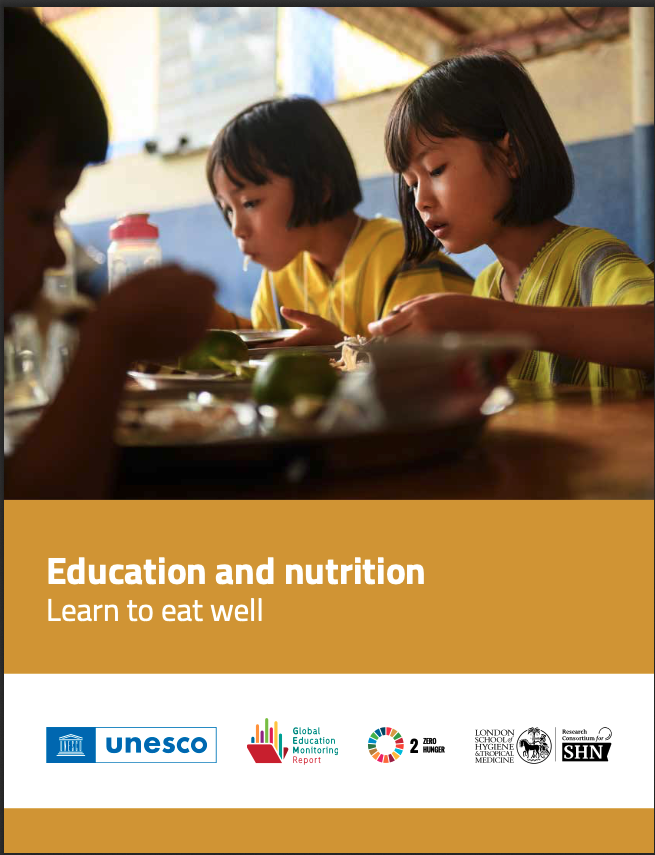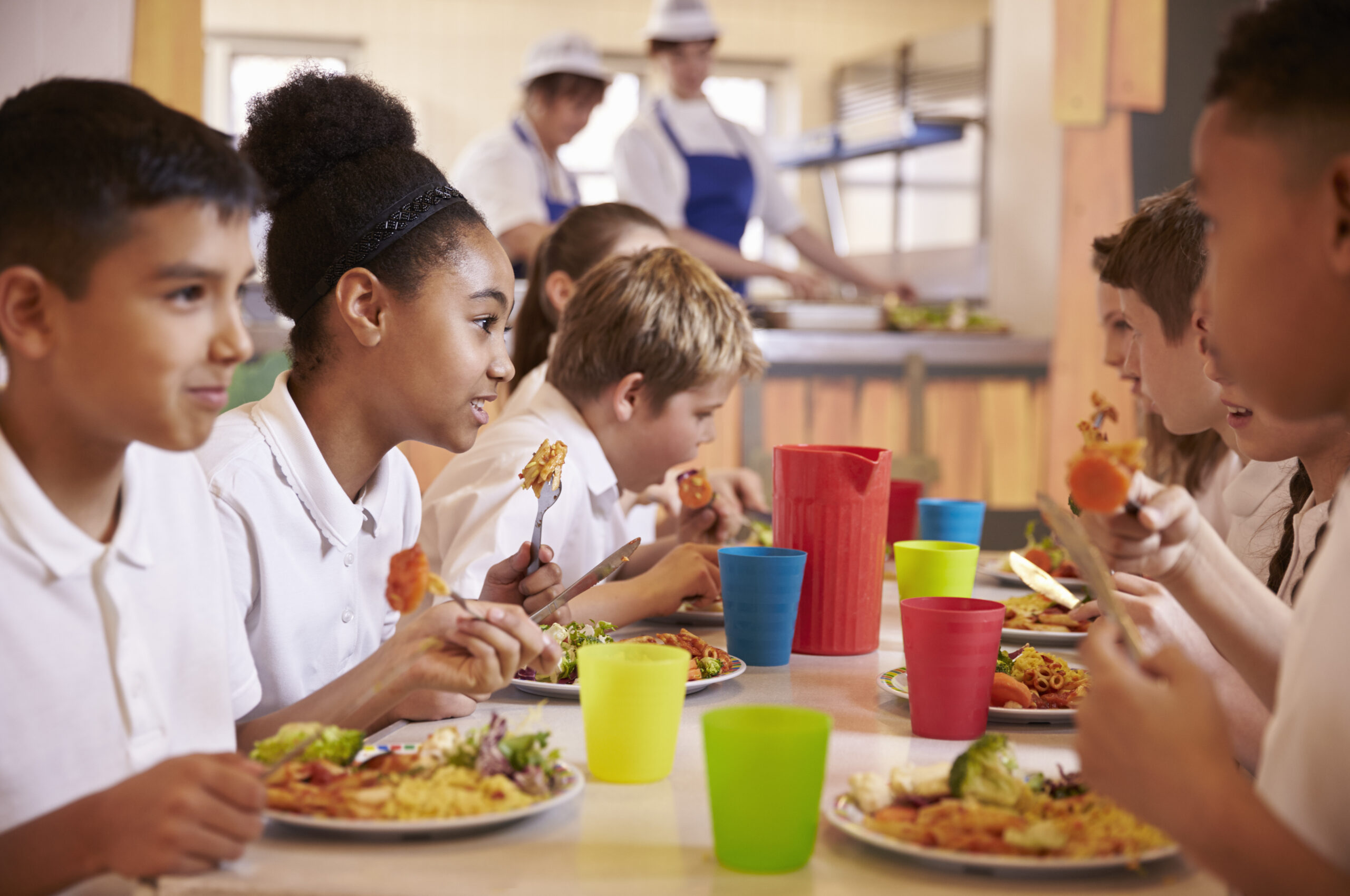A new UNESCO report underscores the critical importance of improving the nutritional quality of school meals, linking better food provision with enhanced health, learning, and long-term well-being of children. While access to school meals has significantly increased in recent years, the organisation warns that the focus must now shift towards what is actually being served.
Released to coincide with the Nutrition for Growth summit hosted by France, UNESCO’s latest report, Education and Nutrition: Learn to Eat Well, calls on governments and education stakeholders to prioritise fresh, local ingredients and integrate food education into school curricula. Developed in partnership with the Research Consortium for School Health and Nutrition, the report reveals serious gaps in the standards and monitoring of school food around the world.
“Schools must be places where healthy habits are cultivated, not undermined,” said Audrey Azoulay, Director-General of UNESCO in their official press release of the report. “Eating locally produced, fresh school meals, delivered by informed nutritionists, should form an active part of children’s education. This approach teaches children to make informed, health-conscious food choices that benefit both their well-being and the planet.”

Courtesy : UNESCO
Progress in Access, But Gaps in Quality
Due to recent global investments, nearly half (47%) of all primary school pupils now have access to school meals—a significant rise from the 25% of pupils who benefitted globally in 2024. UNESCO’s 2023 research found that these programmes not only combat undernourishment, but also have a marked effect on learning outcomes. Enrolment rates increased by 9%, attendance by 8%, and overall educational performance improved where nutritious school meals were provided.
Yet despite these gains, quality remains a major concern. The report reveals that in 2022, 27% of school meals worldwide were not developed with input from qualified nutritionists. Out of 187 countries assessed, only 93 had any form of legislation or guidelines governing school food. Of those, just 65% had standards to regulate what is sold in cafeterias, tuck shops, and vending machines.
This lack of oversight is troubling given the doubling of obesity rates among school-aged children in most countries since 1990, alongside increasing global food insecurity. UNESCO warns that without stronger regulations, schools risk becoming part of the problem rather than the solution.
Learning from Global Best Practices
Despite the challenges, UNESCO’s report highlights a number of positive examples where national and regional school feeding programmes are making a measurable impact.
In Brazil, new regulations are limiting ultra-processed products in schools, with UNESCO offering support during the programme’s rollout. In China, reforms in rural schools have introduced vegetables, milk and eggs into daily meals, resulting in improved nutrient intake and higher school attendance.
Nigeria’s Home-Grown School Feeding Programme, launched in 2014, aims to provide a free, nutritious meal every day in all public primary schools. This initiative has led to a 20% increase in enrolment. In India, schools in Maharashtra have introduced fortified organic pearl millet, rich in iron, into meals—improving students’ memory and attention span.
These examples, UNESCO notes, are models of how nutrition and education can work hand-in-hand to break the cycle of poverty and poor health.
A Call to Reimagine School Food
UNESCO is now urging all countries to view school meals as more than just sustenance—they should be a foundation for lifelong health, environmental awareness, and academic success. The organisation advocates for:
- Replacing sugary and ultra-processed foods with fresh, locally sourced produce.
- Developing national nutrition standards for school food.
- Training staff and nutritionists to plan healthy meals.
- Embedding food education into the national curriculum.
To support these goals, UNESCO will launch a set of practical tools in 2025, including a manual and training programme designed to help education professionals and policymakers better integrate health and nutrition into school environments. These efforts are aligned with the work of the Coalition for School Meals, of which UNESCO is a founding member.
Culinary Champions for Change
To further amplify its message, UNESCO has appointed Michelin-starred chefs as Goodwill Ambassadors for food education. Chef Mauro Colagreco, named in 2022, focuses on biodiversity, while Daniel Humm, appointed in 2024, champions nutrition and food education in schools. Both will also help promote local culinary and agricultural traditions in UNESCO-protected cultural sites.
Looking Ahead
UNESCO’s report makes one thing clear: access to school meals is not enough. The content and quality of those meals must meet the nutritional needs of children, shaping not only their academic success but also their long-term health.
The need for better-quality school meals has never been more urgent. With the futures of millions of children at stake, investing in nutrition is investing in education—and in a more sustainable, equitable world.
For more information on the report:

